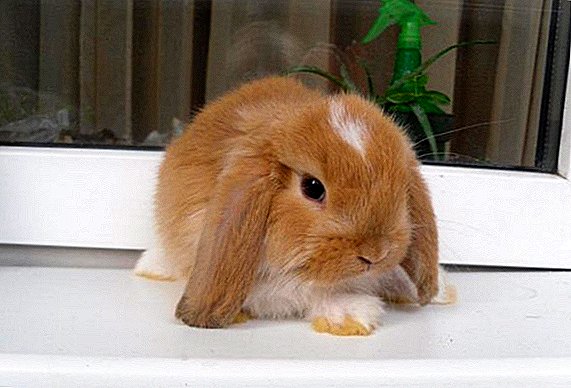
Turkeys have always been very popular with people who appreciate not only taste but also dietary qualities in meat.
After all, turkey on a par with chicken is recommended for people who want to stick to a healthy diet or lose weight.
One of the reasons for such an active breeding of turkeys and turkeys on households is that they do not cause much trouble.
If you have chickens, then you can easily cope with turkeys. When selling meat, all costs of keeping birds will be reimbursed with a considerable profit.
Among all the breeds of this bird, the Uzbek Palevy breed is especially famous. What is the reason for such interest to this bird. A detailed answer to this question is given in this article.
Uzbekistan is the birthplace of pale yellow turkey. It was bred by the hands of the famous poultry breeder N. Zolotukhin, who, through careful selection of local breeds, gave life to these turkeys.
These birds are able to feel well in the weather conditions of Central Asia. For this reason, these pale-colored turkeys can be found quite often in the economic courts of Uzbekistan, Tatarstan and the North Caucasus.

This breed belongs to the average type of turkeys.
Outwardly, they are very beautiful due to bright pollination, it is reddish-brown in birds - fawn.
These birds have a medium-sized body, but because of feathers, it is visually enlarged, which gives these animals creativity. The head is small, rather, average in size, and from the side it seems even narrowish. The neck is long, elongated, legs are medium.
As a result, the birds look extremely attractive and can decorate any yard where they walk. Basically, this breed of turkeys is used precisely for decorative purposes, as there is not so much sense from it as it may seem.
Also, these birds are crossed with other breeds in order to get hybrids. If you decide to diversify your economic yard, then it is fawn turkeys that will become a godsend for you.
It is also interesting to read about the characteristics of turkey breeding.

As for the advantages and disadvantages, they are distributed in equal shares.
These birds in weight reach enough, but this breed loses to indices of the White and Bronze varieties. Turkey can score up to 10 kg, and turkey - up to 6 kg.
The young of 15 to 16 weeks of age weighs about 4 kg. Such young birds can not be killedtherefore it is necessary to fatten them to a mature age.
Here a problem arises in time, as the birds of this breed grow slowly, so you should be patient and wait.
Care for the young of this breed is the most common.
Egg production rates are also not particularly high - in the period of one cycle, no more than 65 eggs can be obtained, among them only 68% are fertilized and are suitable for the incubation of turkey poults. But this breed is characterized by a very high survival rate, therefore the majority of chicks will survive and reach maturity, and their maintenance will take not so much cost and hassle.
The meat quality of this bird is satisfactory, the taste is good. The dietary properties of these turkeys are good, so in a limited budget you can buy this particular meat, but preferably from households.

Care for these turkeys should be the same as for the rest of the birds. They can even fly into the roof of a house or a tree. Therefore, for free range, they need to allocate the area under a canopy.
If you decide to protect a certain territory for walking these turkeys in the summer, you can save a significant amount of money on food.
During the day, the birds will eat a lot of insects and other food, so the need for more food will be reduced.
As for the winter content, the turkeys should be warm and dry.
We must not allow drafts in the house, otherwise the birds will fall ill.
Straw, peat or coconut fiber can be used as flooring for this breed. In winter, these turkeys need to add special granules, which are a mixture of vitamins and minerals.
These additives will improve the general condition of the birds, as well as help them calmly endure the cold. In general, the diet of these turkeys should consist of two types of feed: liquid and solid.
Both species consist mainly of grains, but the cereals are in a different state.
Pale-colored turkeys need to be given plenty of water, and to put it in the house should be in a bucket, otherwise the birds simply turn over lighter containers.
Be sure to take care of the health of the birds. To do this, you need to monitor the condition of the house in which fawn turkeys and turkeys live.
To "kill" almost all types of infections and viruses in the room, it must be carefully disinfect with chloroform or chlorophos. These compounds contribute to the sterilization of all poultry house surfaces where bacteria and viruses can live.
If you have little experience in breeding turkeys, then you can begin your career with this breed. Try out all the details of breeding and keeping on these birds, so that later, when you buy turkeys of more expensive and elite breeds, you will not make simple mistakes that can cause the death of the young. Good luck in your endeavors.












